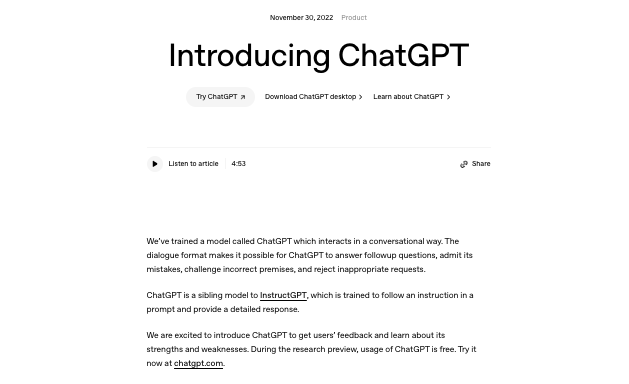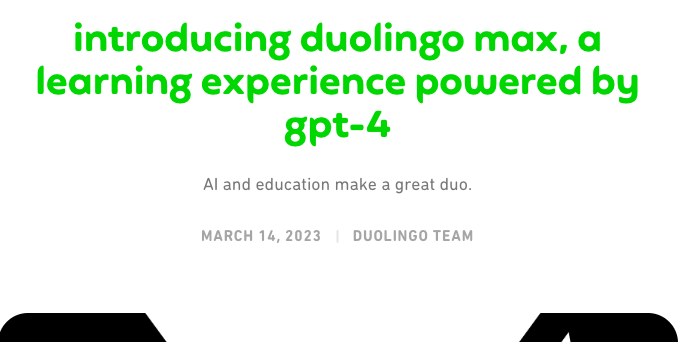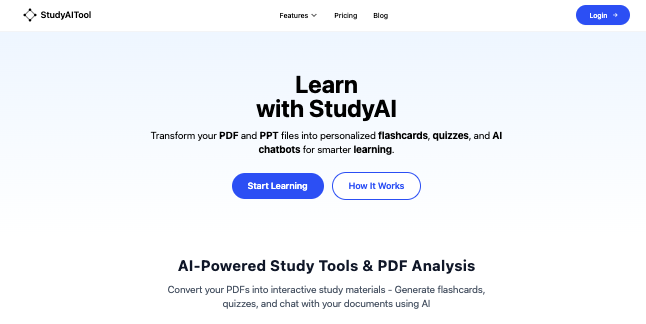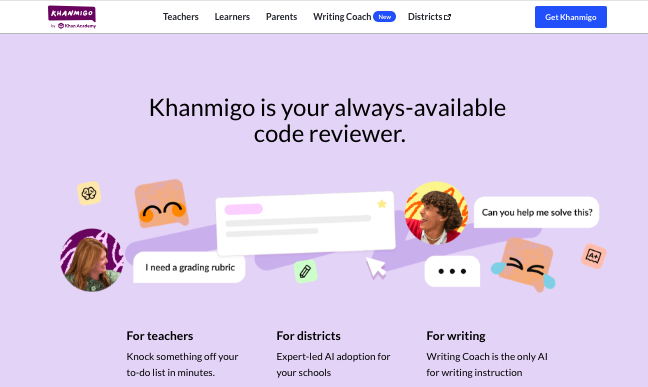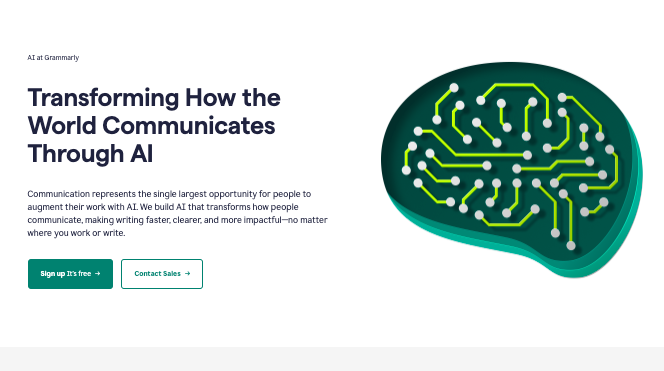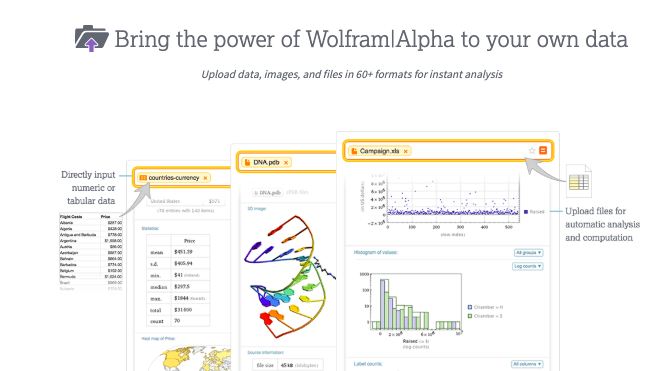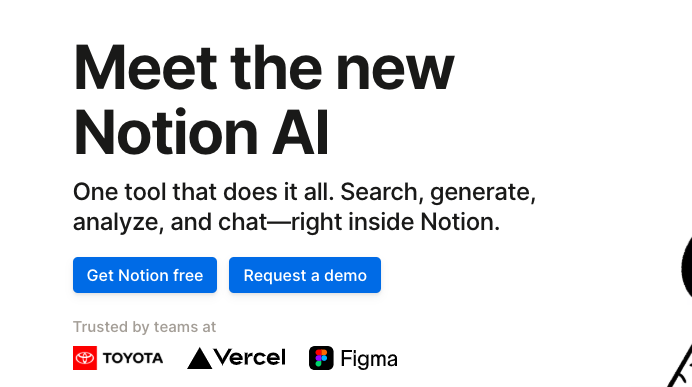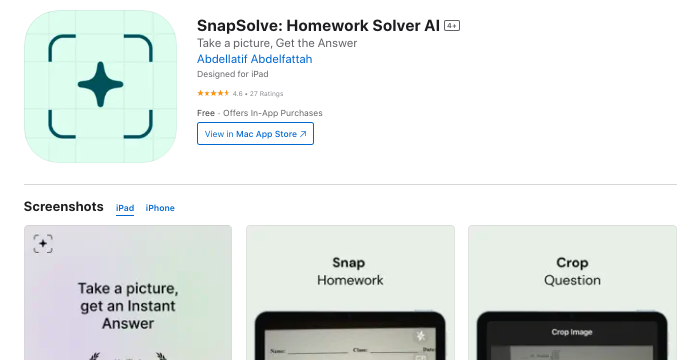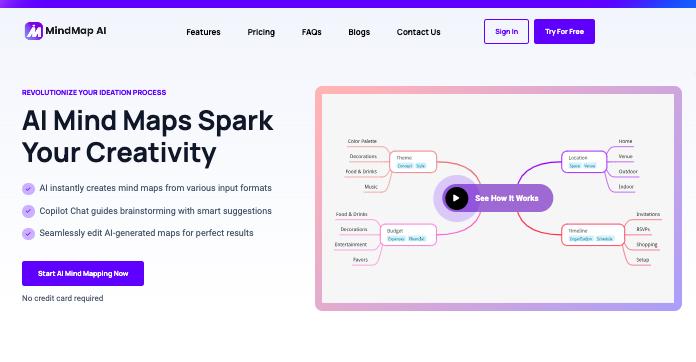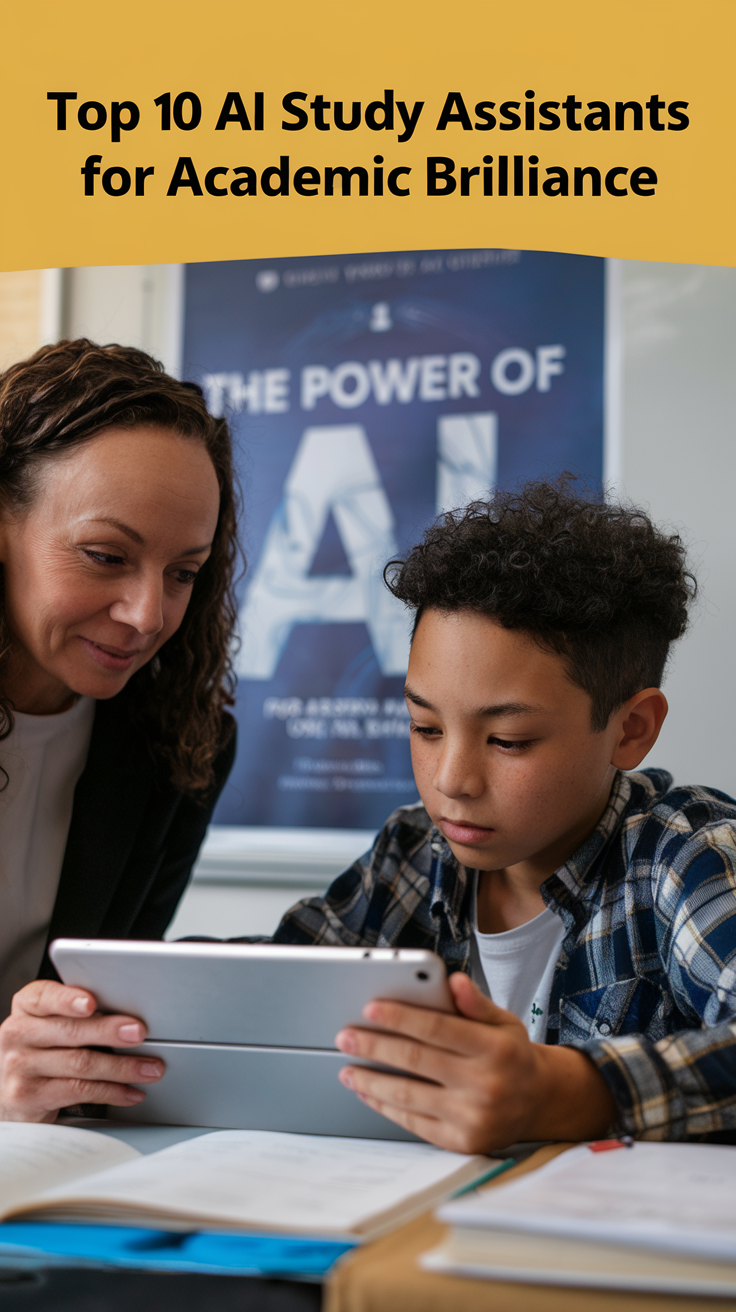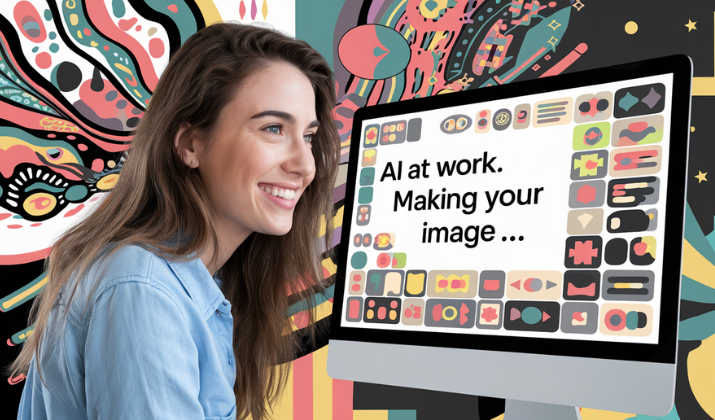In the field of education and modern learning, AI study assistants have become invaluable tools for students at all levels.
These intelligent platforms can help with everything from answering complex questions to organizing study materials and providing personalized learning experiences.
Here’s our breakdown of the top 10 AI study assistants that are revolutionizing how we learn today.
1. ChatGPT (OpenAI)
ChatGPT remains a versatile all-around study assistant that can handle questions across nearly any academic discipline.
Its strength lies in providing clear explanations and helping students understand difficult concepts through conversational interaction.
Key Features:
- Natural language processing for answering questions across subjects
- Ability to explain complex concepts in simple terms
- Assistance with writing, research, and brainstorming
- Available as both free and premium subscription options
Also Read: Best ChatGPT Apps
2. Claude (Anthropic)
Claude excels at helping students work through complex reasoning tasks step-by-step, particularly in subjects requiring critical thinking.
It’s especially useful for essay writing, research planning, and explaining nuanced topics.
Key Features:
- Sophisticated reasoning for complex problem-solving
- Excellent at breaking down multi-step processes
- Strong writing assistance capabilities
- Designed with safety and accuracy in mind
3. Duolingo Max
For language learners, Duolingo Max leverages AI to provide a more immersive and responsive experience than traditional language apps, offering contextual corrections and explanations that mimic having a personal language tutor.
Key Features:
- AI-powered language learning with personalized feedback
- Real-time conversation practice with context-aware corrections
- Explanation of grammar rules and idioms
- Adaptive difficulty based on learner progress
Also Read: ChatGPT In The Classroom – Pros & Cons
4. StudyAI
StudyAI takes the concept of digital flashcards to the next level by incorporating machine learning to optimize your study schedule.
It analyzes your performance to focus on difficult concepts and gradually spaces out material you’ve mastered, making it ideal for long-term retention.
Key Features:
- Intelligent flashcard creation with spaced repetition algorithms
- Custom quiz generation based on your study materials
- Performance analytics to identify knowledge gaps
- Collaborative study sessions with AI-guided discussions
5. Khan Academy Khanmigo
Building on Khan Academy’s extensive educational content, Khanmigo provides personalized AI tutoring that helps students work through problems at their own pace while maintaining alignment with educational standards.
Key Features:
- Subject-specific AI tutoring aligned with curriculum standards
- Personalized learning paths and progress tracking
- Interactive problem-solving assistance
- Parent and teacher dashboard integration
Explore more tools like Khan Academy here.
6. Grammarly AI
While primarily known for grammar checking, Grammarly’s AI capabilities have expanded to help students with comprehensive writing improvement, including organization, clarity, and academic style conventions.
Key Features:
- Advanced grammar and writing assistance
- Tone adjustment and stylistic recommendations
- Citation and reference formatting help
- Plagiarism detection
7. Wolfram Alpha Pro
For STEM students, Wolfram Alpha Pro provides sophisticated computational capabilities that go beyond basic calculators, offering detailed explanations for solutions in mathematics, physics, chemistry, and engineering.
Key Features:
- Advanced computational knowledge engine
- Step-by-step solution explanations for math and science
- Data analysis and visualization tools
- Integration with programming environments
Check Out: Best Alternatives to Wolfram Alpha
8. Notion AI
Notion AI helps students organize their academic life while providing AI assistance for summarizing lecture notes, creating study guides, and managing research projects—all within a flexible workspace environment.
Key Features:
- Integrated note-taking and knowledge management
- AI-assisted content summarization and organization
- Project and deadline tracking
- Collaborative study capabilities
9. Snapsolve
Snapsolve uses advanced image recognition to identify problems from textbooks or worksheets.
Beyond just providing answers, it breaks down the solution process and connects students with relevant learning materials to strengthen understanding of fundamental concepts.
Key Features:
- Visual problem recognition across multiple subjects
- Instant solutions with detailed explanatory steps
- Subject-specific approaches for math, science, and humanities
- Integrated learning resources and video tutorials
10. MindMap AI
MindMap AI revolutionizes how students visualize and connect information across subjects.
Using neural network-based relationship mapping, it helps identify connections between seemingly unrelated concepts, making it particularly valuable for interdisciplinary studies and big-picture understanding.
Key Features:
- Interactive concept mapping with AI-suggested connections
- Visual representation of complex subject relationships
- Memory optimization through spatial learning techniques
- Cross-disciplinary insight generation
Explore: Photomath vs Mathway
Honorable Mentions
- Photomath: Still one of the best tools specifically for math problem-solving
- Microsoft Copilot for Education: Integrated AI assistance across Microsoft’s educational tools
- Explainpaper: Specialized in making academic papers more accessible to students
Choosing the Right AI Study Assistant
The best AI study assistant for you depends on your specific needs:
- Subject Focus: Some AI tools excel in specific subjects (STEM, languages, writing)
- Learning Style: Consider whether you learn better through conversation, visualization, or problem-solving
- Integration: Look for tools that work with your existing study platforms and devices
- Cost: While many offer free tiers, premium features often require subscription fees
Ethical Considerations
When using AI study assistants, remember:
- Use them to enhance understanding, not replace learning
- Verify important information, as AI can occasionally make mistakes
- Be aware of academic integrity policies at your institution
- Protect your privacy by understanding data usage policies
Final Thoughts
As AI technology continues to evolve, we can expect these tools to become even more personalized, interactive, and integrated into formal education.
The most successful students will be those who learn to leverage AI assistance effectively while maintaining their own critical thinking skills.
Remember, the best AI study assistant is the one that complements your unique learning style and helps you achieve your specific educational goals.

